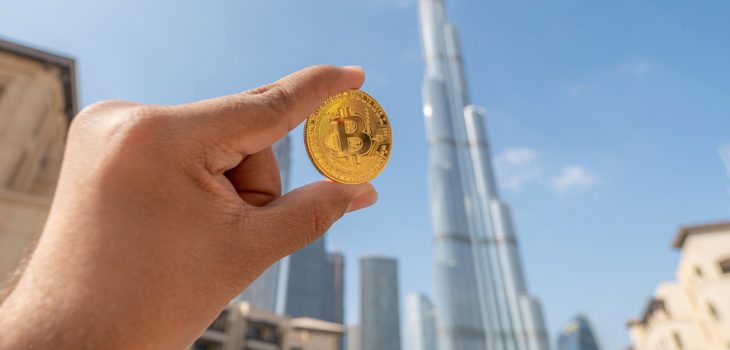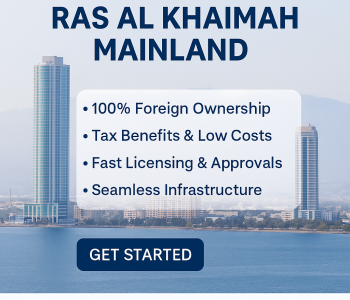 PRO Services
PRO Services
Virtual Asset Trading in the UAE: A Deep Dive…
Virtual Asset Trading in the UAE: A Deep Dive for 2025
As global financial markets evolve, the rise of virtual assets—ranging from cryptocurrencies to tokenized securities—has reshaped how investors and institutions view value, investment, and technology. The UAE, with its visionary leadership and pro-innovation stance, has positioned itself as a key player in the global virtual asset economy.
In this detailed guide, we explore what virtual asset trading means, the regulatory environment in the UAE, and how businesses and investors can benefit from this fast-growing space.
What Are Virtual Assets?
Virtual assets are digital representations of value that are built using blockchain technology. They can be transferred, stored, and traded electronically without relying on traditional financial intermediaries.
Common types include:
- Cryptocurrencies (e.g., Bitcoin, Ethereum)
- Stablecoins (e.g., USDT, USDC)
- Security Tokens (representing ownership in assets or companies)
- Utility Tokens (used to access a platform or service)
Trading these assets typically takes place on centralized exchanges (like Binance or Coinbase), decentralized exchanges (DEXs), peer-to-peer platforms, and even institutional platforms tailored to large-scale investors.
Why the UAE Is a Global Hub for Virtual Asset Trading
The UAE has rapidly become one of the most progressive countries in embracing virtual asset trading. Several factors contribute to this growth:
- Forward-thinking regulations
- Robust financial infrastructure
- Government support for digital innovation
- Geographical advantage as a gateway between Asia, Africa, and Europe
These advantages have drawn startups, major exchanges, and fintech innovators to set up operations in the Emirates.
Regulatory Framework: Navigating the UAE Landscape
The UAE is unique in having a multi-jurisdictional regulatory model for virtual assets. Different authorities oversee specific regions and activities to ensure safety, transparency, and innovation. Here’s a breakdown:
1. Mainland UAE
In the mainland, virtual asset activities require approval and licensing from the federal securities authority. Companies must meet strict capital adequacy, AML/CFT compliance, and cybersecurity requirements to operate legally.
Licensable activities often include:
- Operating a virtual asset exchange
- Offering custody and wallet services
- Trading and brokerage
- Investment advisory for digital assets
2. Dubai (excluding DIFC)
Dubai has its own dedicated regulator for virtual assets that issues licenses and supervises operations. This authority focuses on:
- Issuing clear guidelines for marketing and promotion of digital asset services
- Ensuring service providers meet governance and operational resilience standards
- Encouraging responsible innovation while protecting investors
3. Free Zones: ADGM and DIFC
These internationally recognized financial centers have developed distinct regulatory regimes:
- ADGM (Abu Dhabi Global Market): Among the first in the world to regulate digital assets formally. It offers a structured framework for asset trading, custody, and token issuance.
- DIFC (Dubai International Financial Centre): Focuses on institutional-grade digital asset services, including investment funds and tokenized finance under its own legal system.
Licensing and Compliance Essentials
Any business looking to operate in the UAE virtual asset space must go through a licensing process that involves:
- Submission of detailed business and risk management plans
- Proof of operational and cybersecurity capabilities
- AML/CFT procedures, including customer verification and transaction monitoring
- Appointing a qualified compliance officer
- Adherence to financial reporting and audit obligations
Capital requirements vary depending on the activity and jurisdiction. Generally, exchanges and custodians need higher reserves compared to advisory or tech solution providers.
Tax Benefits and Financial Considerations
The UAE continues to maintain one of the most favorable tax environments for digital asset businesses:
- Corporate Tax: As of June 2023, a 9% corporate tax applies to profits over AED 375,000—but this is still among the lowest globally.
- Crypto Gains for Individuals: Currently, individuals are not taxed on capital gains from crypto investments.
- VAT: Recent clarifications exempt most digital asset transactions from VAT, creating a more crypto-friendly environment.
Market Trends and Institutional Growth
The virtual asset ecosystem in the UAE is maturing rapidly. Key trends include:
- Institutional adoption: Local banks and investment firms are exploring tokenized real estate, DeFi integration, and crypto custody services.
- Startup innovation: Homegrown blockchain startups are launching solutions across supply chain, finance, and gaming sectors.
- Talent migration: Global experts in blockchain technology, compliance, and fintech are relocating to the UAE, enhancing the skill pool and innovation capacity.
Future Outlook: What to Expect in 2025 and Beyond
Looking forward, we anticipate several developments in the UAE virtual asset space:
- Tighter regulation: As the market grows, regulators will likely introduce more detailed frameworks on areas like DeFi, NFTs, and asset tokenization.
- Cross-border collaborations: Partnerships with other financial hubs to create interoperability for digital asset systems.
- Institutional infrastructure: More licensed custodians, funds, and OTC platforms tailored to high-net-worth individuals and family offices.
- Public-private partnerships: Governments may issue their own digital tokens or stablecoins for trade and tourism.
Final Thoughts
Virtual asset trading in the UAE is no longer an experimental sector—it’s a regulated, maturing ecosystem full of opportunity. Whether you’re an entrepreneur launching a blockchain startup, an investor seeking alternative assets, or an institution diversifying into digital finance, the UAE offers a welcoming environment backed by clear rules and strong support systems.
At Beyond View Business Services, we help you navigate licensing, compliance, and strategy for your virtual asset ventures. Contact us to explore how you can confidently launch or expand your digital asset operations in the UAE.








